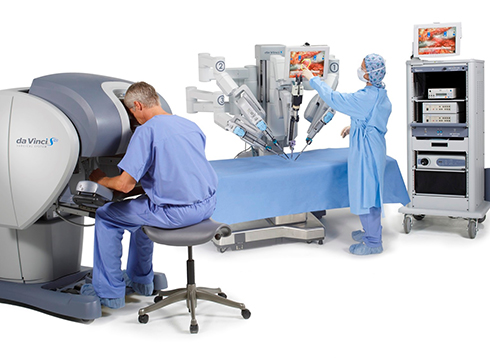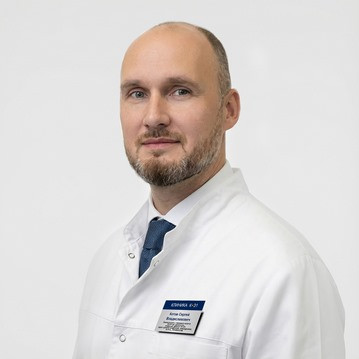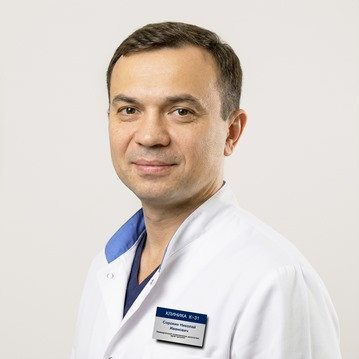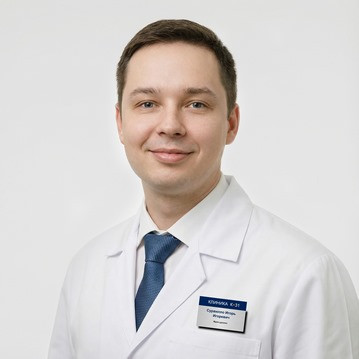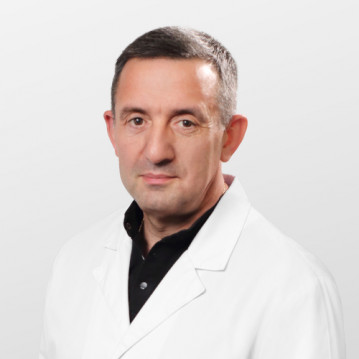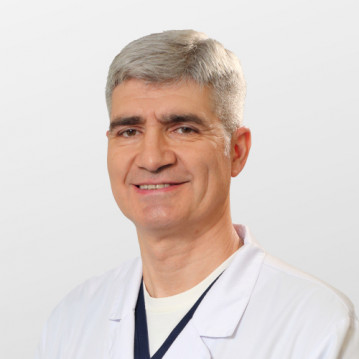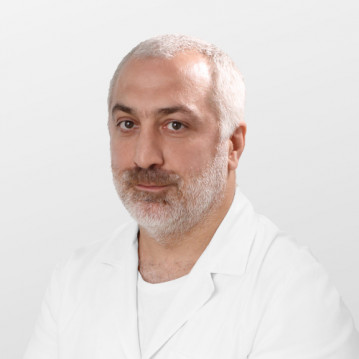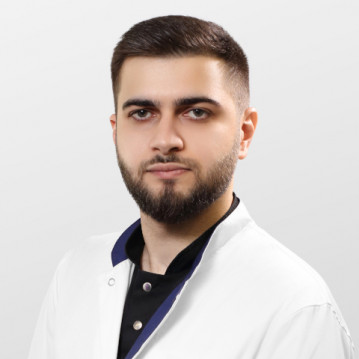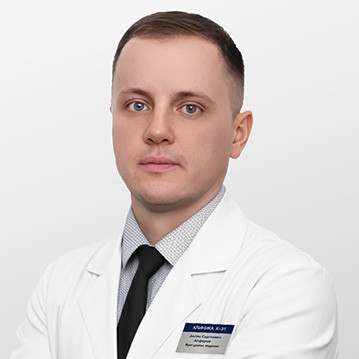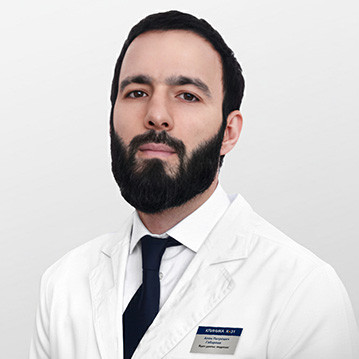
Oncourology is a branch of medicine that studies the methods of diagnosis and treatment of benign and malignant neoplasms affecting the urogenital system in men (prostate cancer, kidney, bladder, penis, etc.).
Symptoms of oncological diseases of the genitourinary system
For timely diagnosis of neoplasms, you need to regularly visit a urologist for the purpose of a routine examination. This should be done at least once a year, and for patients at risk - even more often: once every six months. In addition, you should urgently consult a urologist if you have the following symptoms:
- the appearance of blood in the urine;
- discomfort during urination;
- swelling of the testicles;
- problems with erection;
- pronounced systematic pain radiating to the lower back, perineum, scrotum;
- frequent urination, especially at night.
Diagnosis of the patient involves a visual examination by a urologist in order to collect a preliminary history. Further, depending on the proposed diagnosis, a number of laboratory and instrumental analyzes are prescribed.
Diagnostic procedures
According to statistics, today around the world there is a tendency to increase the number of patients diagnosed with prostate cancer. This is the most common oncological problem in middle-aged and elderly men. At risk are patients whose relatives already have a similar diagnosis. However, the causes of prostate cancer have not been thoroughly established.
To diagnose prostate cancer, a digital rectal examination and a blood test for PSA (prostate-specific antigen) are performed. If abnormalities are found, a multifocal biopsy is prescribed to the patient. For accuracy, it is carried out under the supervision of ultrasound. The procedure in some patients causes discomfort, but it is absolutely painless. It is carried out on an outpatient basis and does not require hospitalization. Usually enough up to 12 biopsy injections. According to the results of histology, the characteristics of the tumor are determined. Based on this, an individual treatment regimen is developed.
For additional diagnosis, the patient must undergo:
- X-ray examination to detect metastases;
- MRI with contrast (necessary to clarify the location of the tumor and the state of the lymph nodes).
